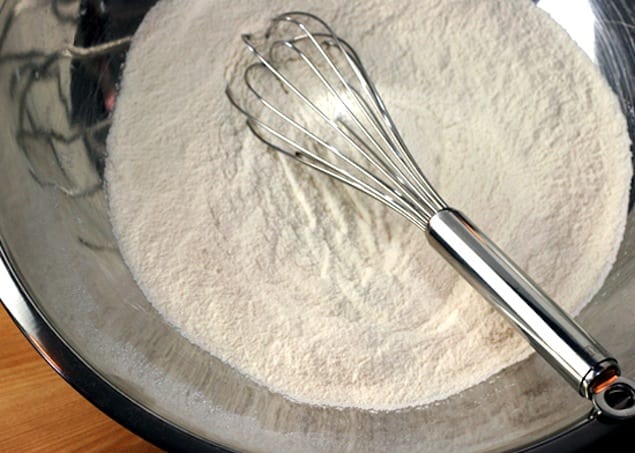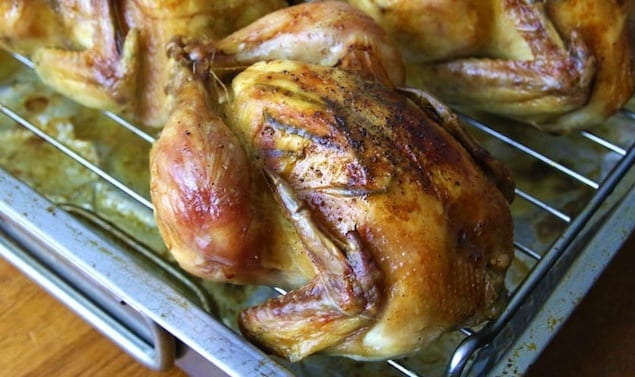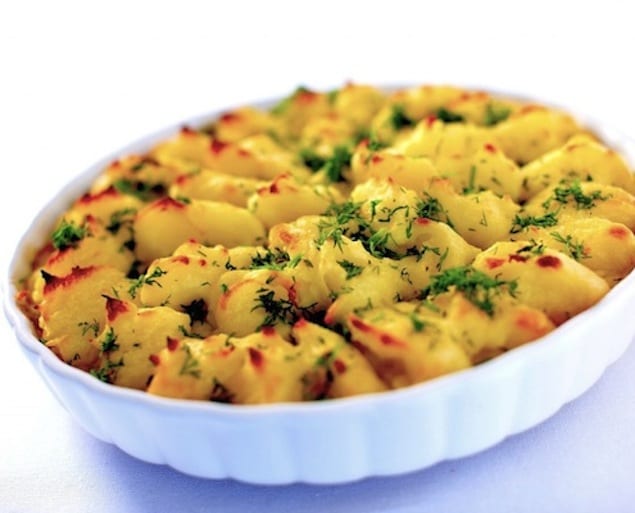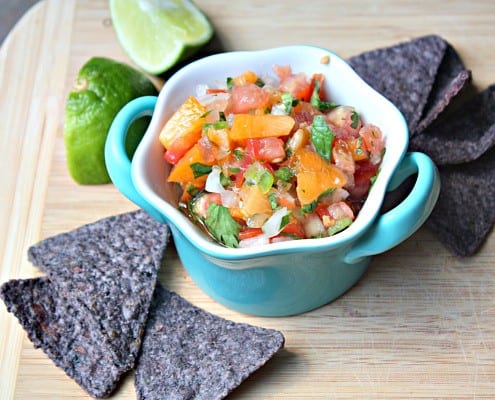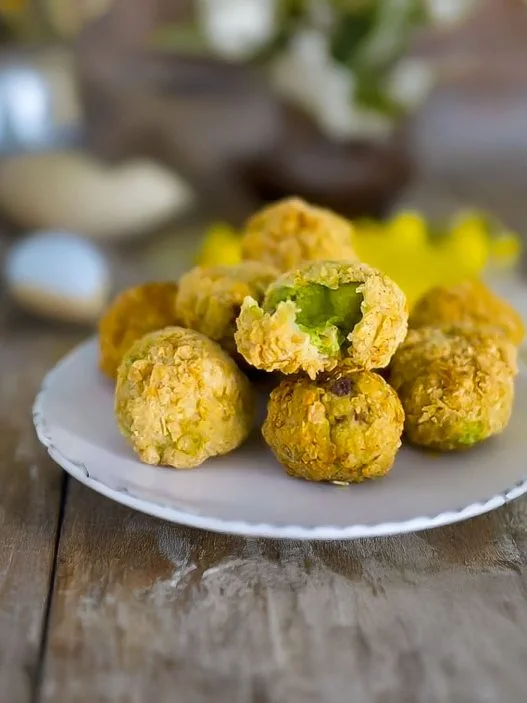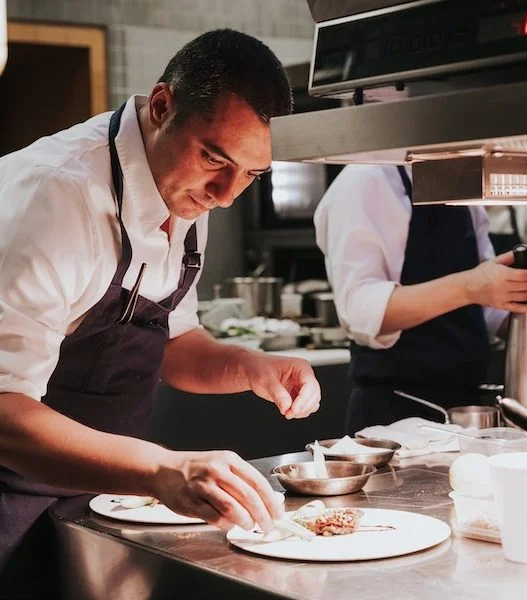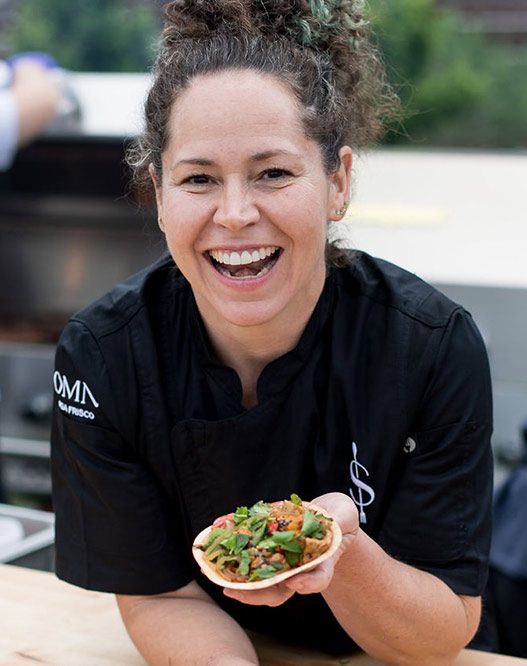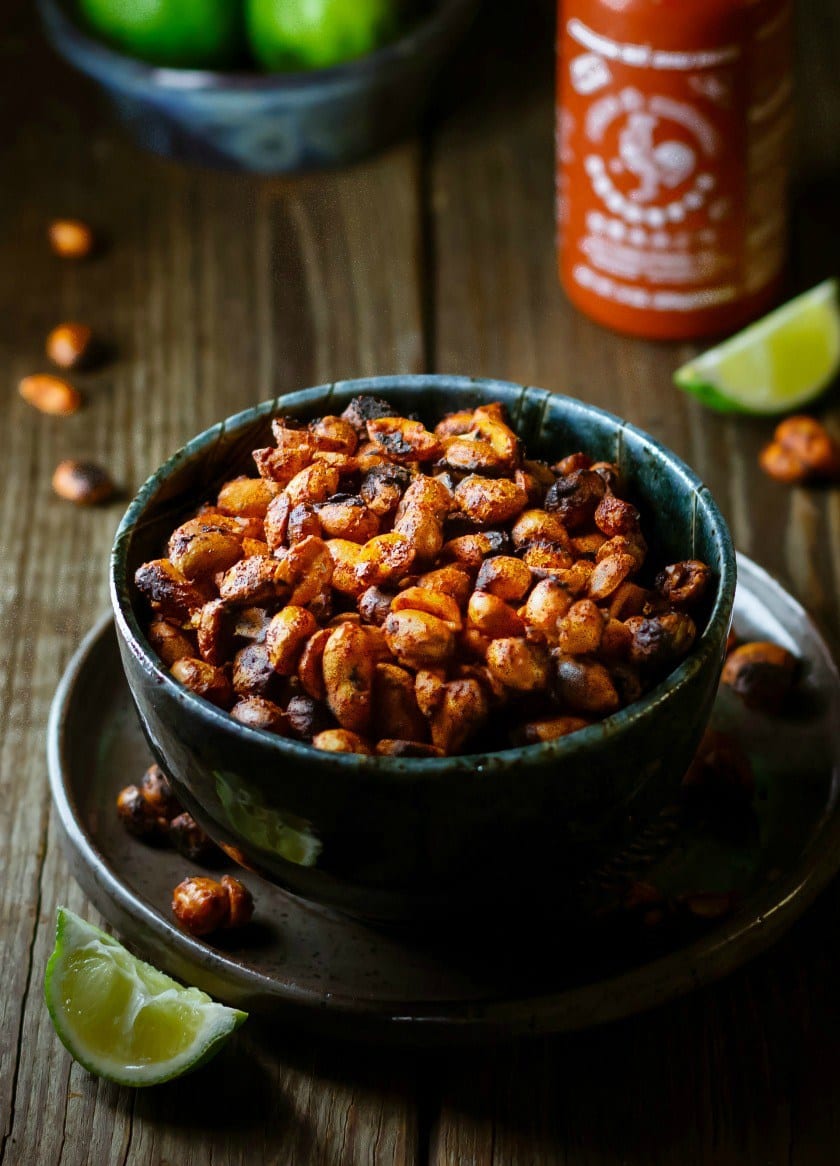Spring is here and it is time to dust off the winter cobwebs. Don’t just limit your cleaning to the pantry and cupboards, but reorganize your kitchen habits as well. We are here to help you rethink and sweep away your bad cooking habits that set you up for failure.
By Annelise McAuliffe
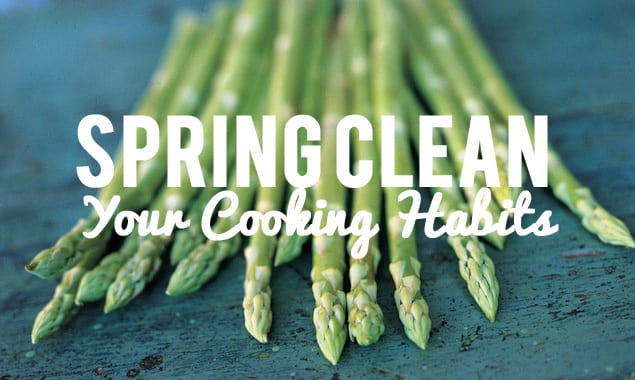
Forget New Year’s Resolutions, spring is the time to clean out the old and renew. These five bad cooking habits should be taken to the curb with the winter weather, so you can emerging a fresh spring cook in bloom.
1. Over or Under Salting
Regardless of its health warnings, salt is necessary in order to create flavor. Scrub the idea from your mind that waiting until the end of a cooking process to add salt, or no salt at all is the best way to season. Especially in slow and long cooking processes, season early and throughout, tasting often. Waiting to season with the full amount of salt at the end risks over seasoning.

2. Not Letting Meat Rest
It has been a long winter and you want to dig into that delicious looking roasted spring lamb, but wait! Clean out your impatience and allow the meat to rest for about ten minutes, depending on size, and you won’t regret it. Use that time to set the table, prepare the sides, or the drinks and you will be rewarded with a juicier piece of meat.
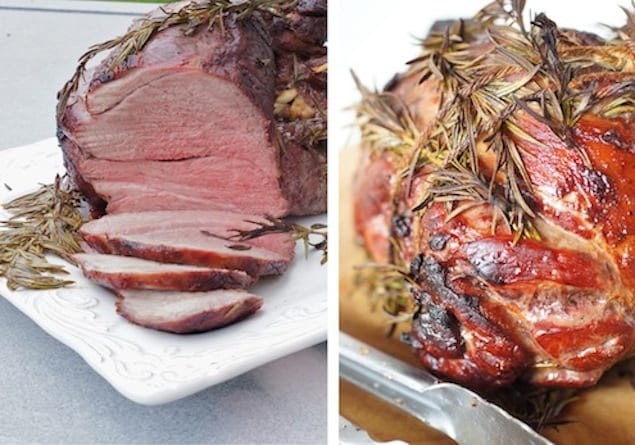
3. Forcing One Ingredient to do All the Work
Let’s kick to the curb and freshen up the idea that a bad dish can be fixed with a dash of truffle oil, Sriracha, or a pound of cheese. Rather than relying on a trendy ingredient to make a dull recipe better, enhance the whole dish altogether in a way that makes sense. Perhaps that means changing the overall flavor profile, cooking technique, or scrapping the recipe once and for all.

4. Working with Dull Knives
Mop up the fears that flow out of your mouth whenever you try to tell yourself that, “it’s ok that your knifes are dull, you’d cut yourself if they were sharp.” Sharp knives are more precise and less likely to slip and cut their user than a rogue dull knife. Learn how to sharpen them yourself or take them to your local kitchen supply or butcher’s shop and have them done in minutes for a couple dollars. Once they are sharp, it is much easier to keep them on point with a quick sharpening after each use.
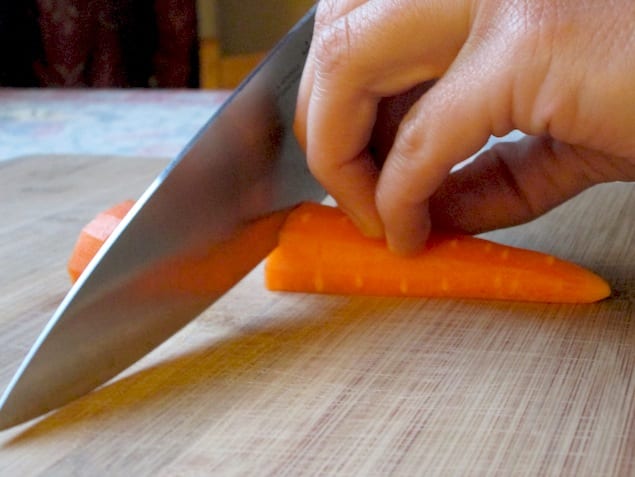
5. Compacting flour
Just like dragging out the vacuum from the deep, dark depths of a closet, pulling out a sifter buried in a cupboard is a step we would all like to skip. Great news, you can! Kind of. Stuffing and patting flour down into your measuring spoon is a sure way to get a dense and undesirable product, especially when it comes to baking chemistry. To ensure a light product, but without a bulky tool, measure out the flour into a bowl, grab a whisk, fluff it up, remeasure and you’re done.
